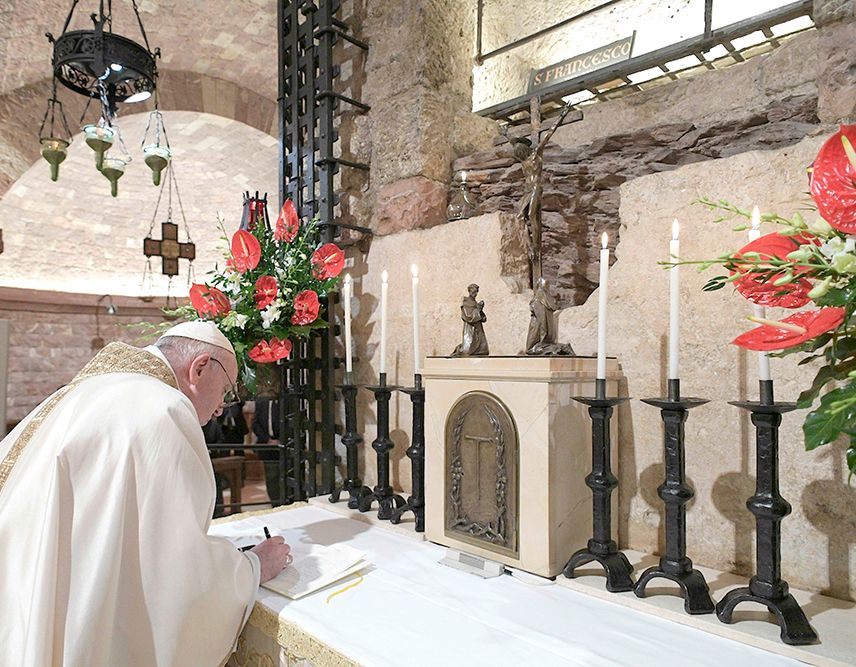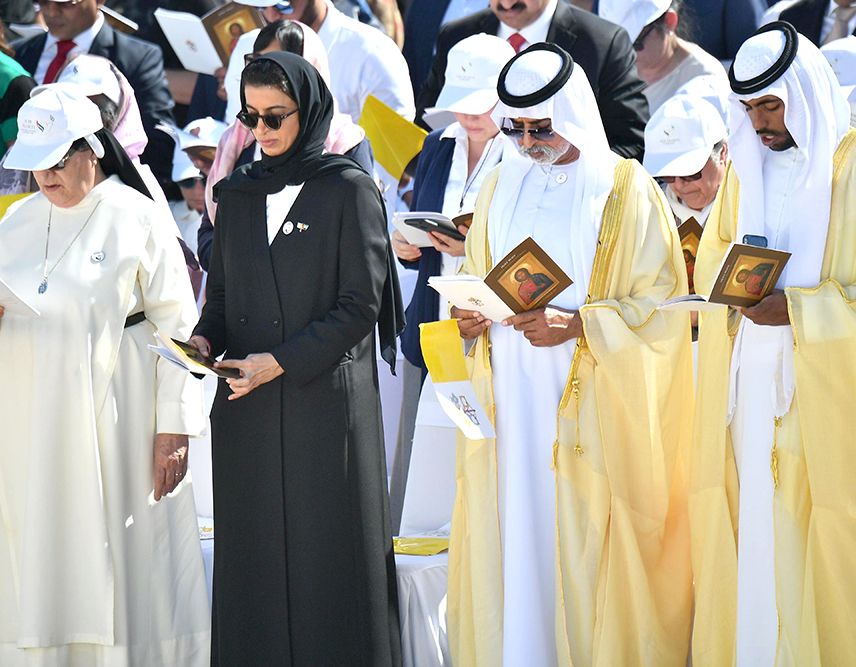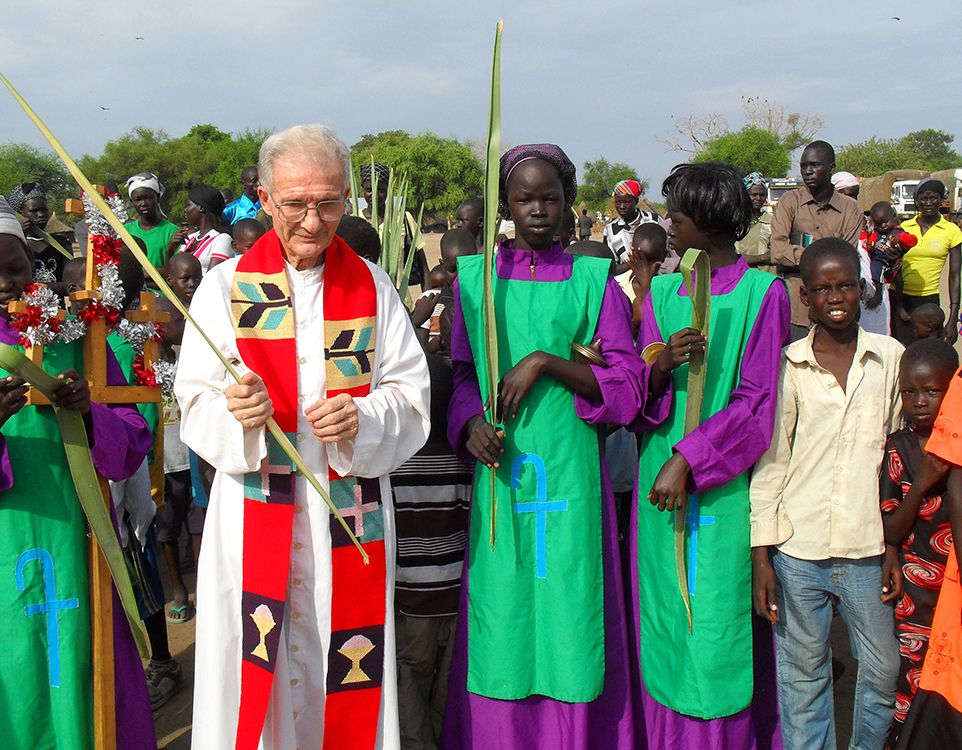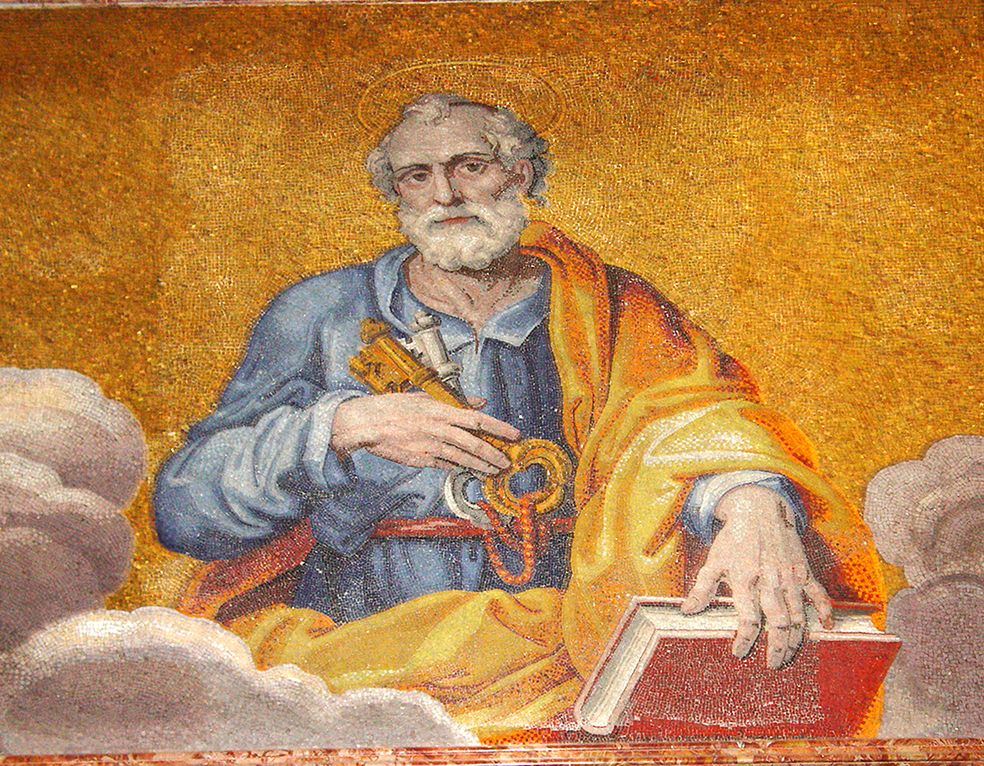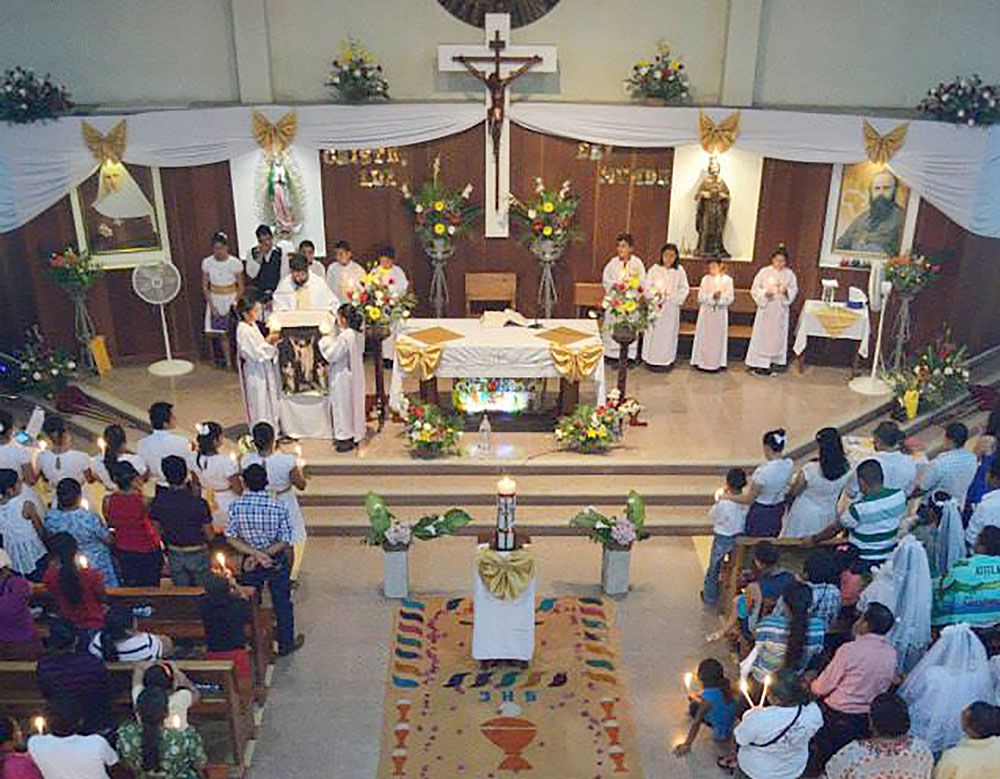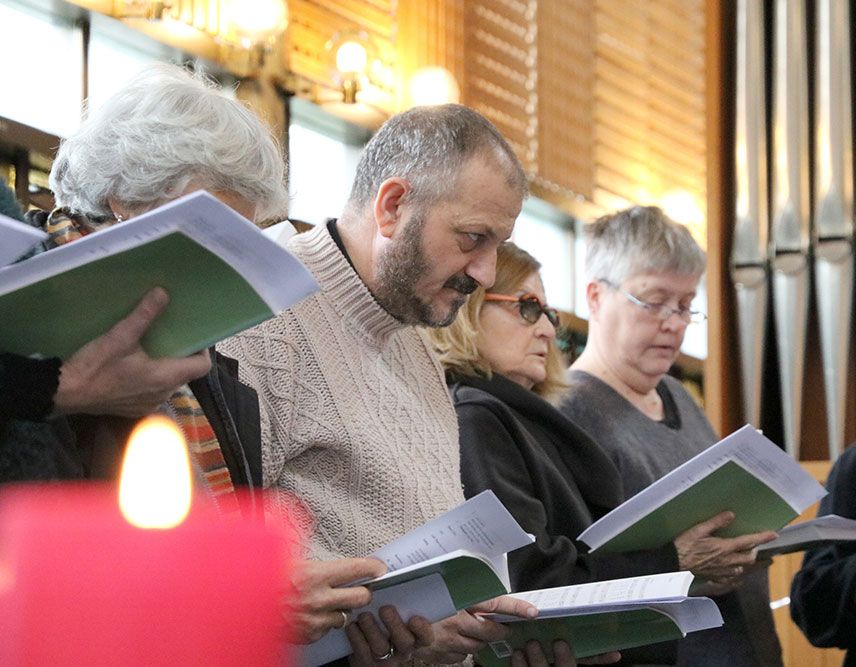The marvelous insights of Pope Francis must not remain a “hidden treasure”! How can one discover these multiple gems? The pathway chosen for this series of articles is to do a popularized synthesis of ten pivotal documents, recognizing that most people will not read the original writings. These condensed presentations of Francis’ thought seek to make his material easily accessible, communicating them in ordinary language.
The ten items chosen span the decade from 2013-2022. They include three encyclicals, five apostolic exhortations, and two apostolic letters. One may validly assert that Francis has served us a fine banquet or smorgasbord; these presentations are only the appetizers! A brief overview of the ten “Francis delicacies” is presented here; fuller elaborations will appear in subsequent months.
· The Light of Faith (Lumen Fidei) [2013] is Francis’ first encyclical, though he admits that much of the text was composed by his predecessor, Pope Benedict XVI. Numerous rich insights into the dynamics of faith are found here. Readers are encouraged to make their personal journey of faith, looking to the great panorama of Christian examples (e.g. Saint Paul, Damien the Leper, Mother Teresa, Virgin Mary) as icons of faith.
· Francis’ first apostolic exhortation is the lengthy The Joy of the Gospel (Evangelii Gaudium) [2013]. The document presents a full panorama of Francis’ theology, spirituality, and vision of ministry. A clear missionary tone marks the presentation. This document is the origin of the widely used term that all Christians are “missionary disciples.” In the Church, “Missionary disciples accompany missionary disciples” (EG, n. 173).
· The Face of Mercy (Misericordiae Vultus) [2015] is a papal “bull,” a kind of official letter. Here Francis is declaring an Extraordinary Jubilee Year of Mercy to commemorate the fiftieth anniversary of the closing of the Second Vatican Council (1962-1965). Francis has incorporated the theme of mercy into his papal motto, miserando atque eligendo, “chosen through mercy.”
· Possibly the most widely read document of Pope Francis is his Laudato Sí (On Care for Our Common Home) [2015]. This lengthy encyclical focuses entirely on the environment. Francis wishes to engage in a “dialogue with all people about our common home” (LS, n.3), emphasizing the urgent need for an “integral ecology.”
· Amoris Laetitia (The Joy of Love) [2016] focuses on the concrete realities of families today, since Francis believes that “the welfare of the family is decisive for the future of the world and that of the Church” (AL, n. 31). One is struck by Francis’ pastoral tone of love, tenderness, and compassion for married people and their families.
· Gaudete et Exsultate (Rejoice and Be Glad) [2018] is the third apostolic exhortation issued by Pope Francis. This document is a call to holiness of life, clearly echoing the same summons found in Lumen Gentium from Vatican II.
· The October 2018 Synod of Bishops explored the theme: “Young People, the Faith and Vocational Discernment”. It provided resource material for Pope Francis’ apostolic exhortation Christus Vivit (Christ Lives) [2019]. Francis boldly asserts: “Christ is alive and He wants you to be alive” (CV 1).
· Querida Amazonia (Beloved Amazon) [2020] emerges from a unique bishops’ synod, one that focused on a distinct ecological territory rather than on a particular thematic topic. Francis structures his presentation around his “four dreams” for Amazonia. They are social, cultural, ecological, and ecclesial.
· The third encyclical of Pope Francis, Fratelli Tutti (On Fraternity and Social Friendship) [2020], draws its title from the writings of Francis of Assisi, who declared that we are “brothers and sisters all” (FT, n. 8), fratelli tutti. This lengthy document (43,000 words) emphasizes care for the earth as humanity’s common home.
· On the feast of Saints Peter and Paul on June 29, Pope Francis issued Desiderio Desideravi (The Liturgical Formation of the People of God) [2022]. One finds three dominant themes in this pastoral instruction: the foundations of the Church’s liturgy, the urgent need for deeper liturgical formation throughout the Church, and a focus on the art of celebrating the liturgy. Francis strongly emphasizes a renewed understanding and acceptance of the entire corpus of teaching found in the sixteen documents of Vatican II as a deeper listening to the Holy Spirit.
Friends, these brief glimpses into ten popularized documents of Pope Francis chosen for this year-long series of presentations seek to whet your appetite for delving into the enriching thought of our Holy Father. Be assured that your efforts to engage with Pope Francis will bring numerous rewards in your individual journey of faith.
Father James H. Kroeger, a Maryknoll Missioner, has served mission in Asia (Philippines and Bangladesh) since 1970, working in parishes and serving mostly in the education-formation apostolate of seminarians, religious, catechists, and lay leaders. He has produced numerous theological-missiological-catechetical books. His most recent books include Go, Teach, Make Disciples, and Exploring the Priesthood with Pope Francis.

